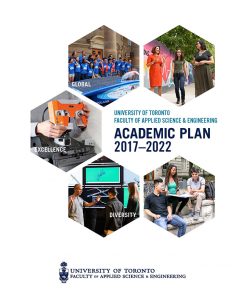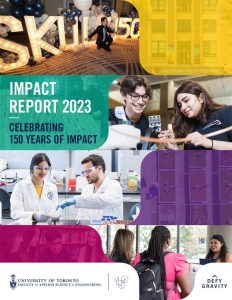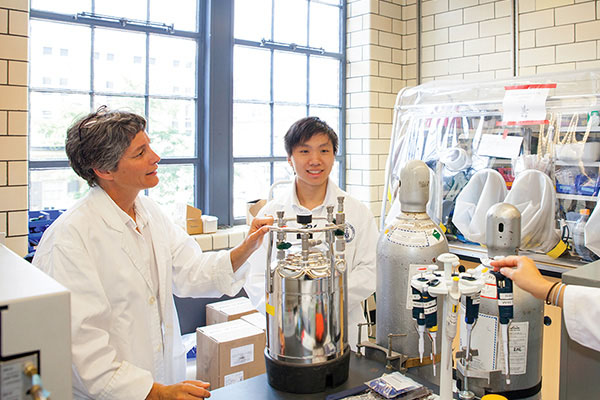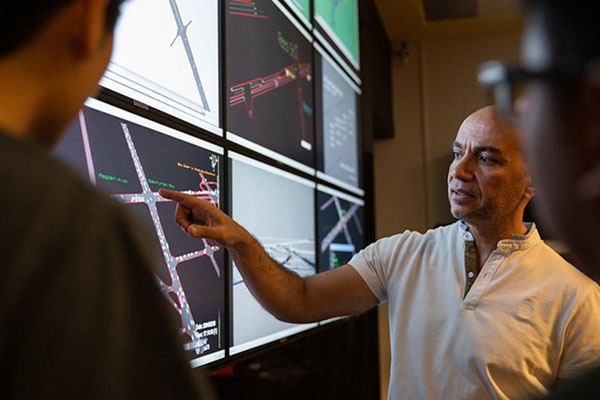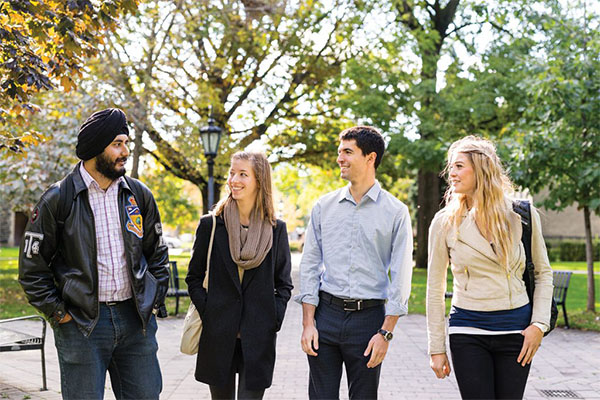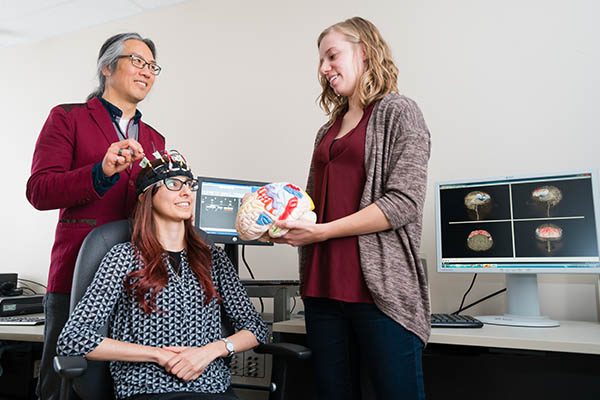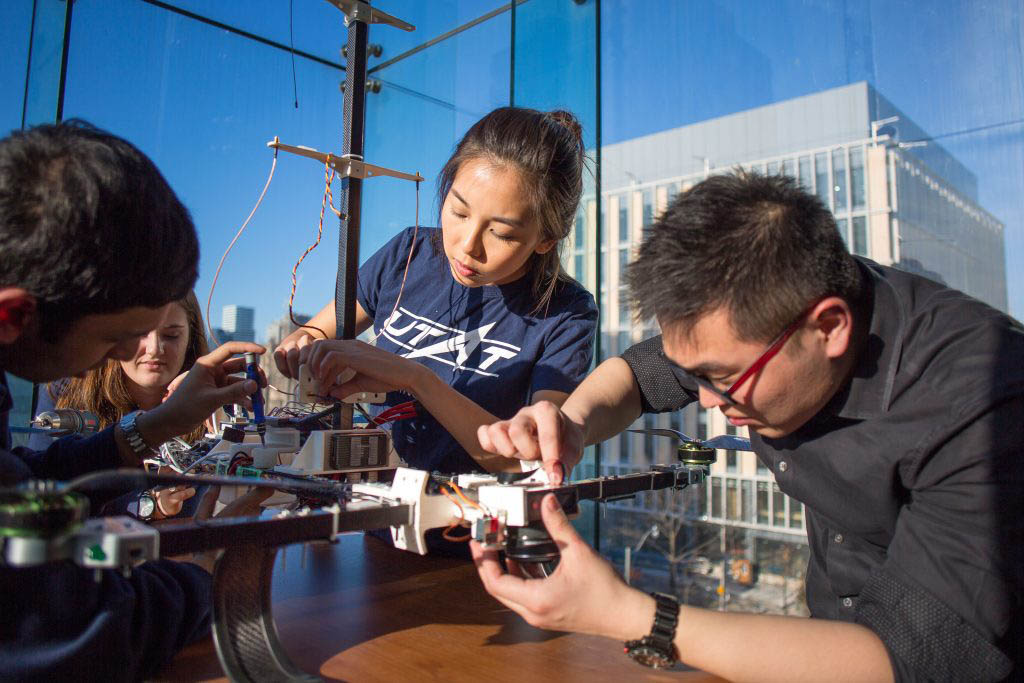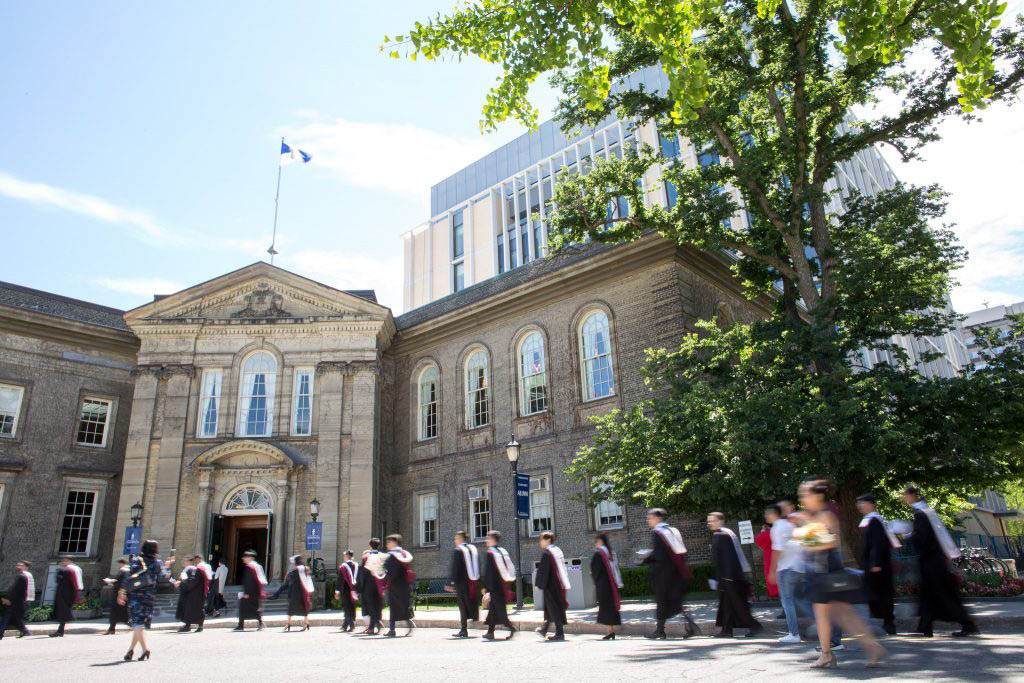Mechanical Engineering Building, MC102
5 King’s College Road
Interested members of the U of T community who would like to attend the seminars can email Kendra Hunter at hunter@mie.utoronto.ca
Professor Ann Bisantz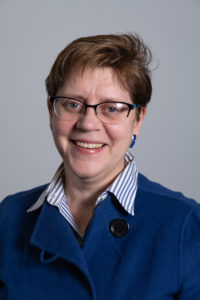
University at Buffalo (Industrial and Systems Engineering)
Cognitive Systems Engineering and Health Informatics: A Work-Centered Design Approach
Abstract
Health information systems have been advocated as a solution to the problems of errors and adverse events in health care. In emergency departments, electronic patient tracking systems are being implemented to replace manual status boards (“whiteboards”) that are commonly used for managing clinical work. Manual status boards traditionally contained medical and logistical information about patients and provide staff with information about patients as well as higher level information regarding hospital state and team coordination information (assignments of providers to patients; status of on-call providers). While electronic versions of the status boards may mimic the look and layout of manual boards, support automated recording keeping and reporting, and allow information on the status board to be accessed at different locations in the hospital, they also impose new constraints on use, miss a critical opportunity to best support the work of the healthcare providers, and introduce new failure modes with unanticipated consequences.
Such new technologies are often designed without an in depth understanding of the work they need to support, or are designed with a focus on administrative functions rather than patient care functions (e.g., record keeping; billing). Without a careful understanding of how new technologies will be used in practice or the barriers to their use as expected, new technology can lead to unanticipated, undesirable consequences. This talk describes results from field studies and cognitive engineering analyses that can better inform the design of health IT for emergency medicine.
Biography
Dr. Bisantz is Dean of Undergraduate Education and a Professor of Industrial and Systems Engineering at the University at Buffalo. She has made substantial contributions to the field of human factors engineering, including investigating new techniques for displaying complex and uncertain information to decision makers; supporting the transition in complex work domains from legacy and manual information systems to more integrated, supportive IT systems; modeling human judgment and decision making; extending cognitive engineering methods which can be used to model complex human-technology work domains; and understanding aspects of human trust in automated systems. This research has been conducted in a number of complex work environments, including health care, military systems, emergency management, and transportation; and has included interdisciplinary collaborations with researchers in health care and information fusion.
She has been PI or CoI on over 15M in funded research projects from agencies including the National Science Foundation, Agency for Healthcare Research and Quality, and numerous defense agencies. She is the past recipient of an NSF CAREER award, was recognized with a SUNY Chancellor’s Award for Research and Creative Activity, and is a Fellow of the Human Factors and Ergonomics Society (HFES). She has served as an Associate Editor or on the Editorial Board of a number of journals and has served HFES as a member-at-large of the Executive Council. She is the recipient of the HFES Fitts’ Education award for her contributions to human factors education and was the 2020 HFES WOMAN Mentor of the year. She is past chair of the UB ISE department and since 2018 has served as the University at Buffalo’s Dean of Undergraduate Education, where she is responsible for university wide leadership in undergraduate education, curriculum, and policy with oversight of general education and the UB Honors College. Her PhD is from the Georgia Institute of Technology.
MIE’s Distinguished Seminar Series features top international researchers and leading experts across major areas of Mechanical Engineering and Industrial Engineering. The speakers present about their latest research and offer their perspectives on the current state of their field. The seminars are part of the program requirements for MIE Master of Applied Science and PhD students. The Distinguished Seminar Series is coordinated for 2022-2023 by Assistant Professor Merve Bodur.
View all upcoming MIE Distinguished Seminars.

